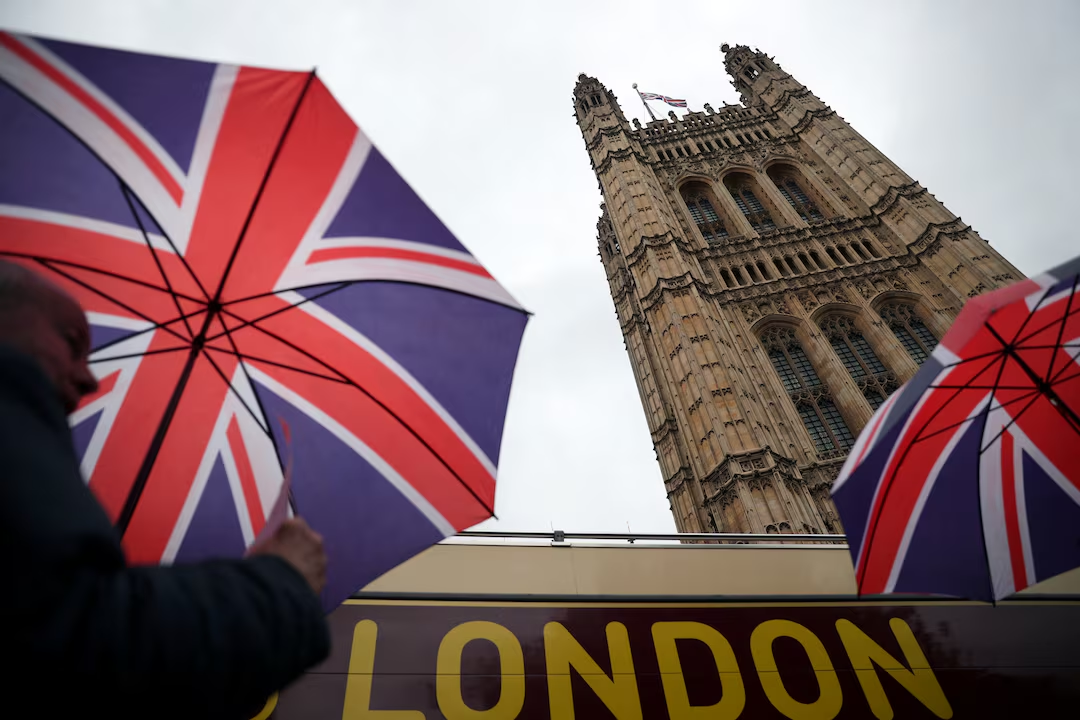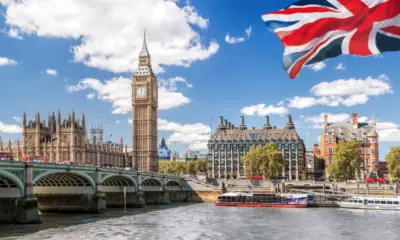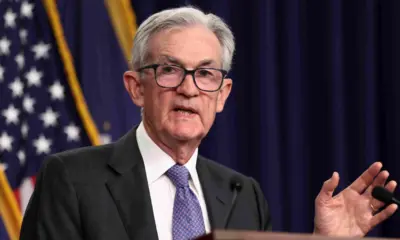News
UK Savers Pull Cash from Pensions Ahead of Budget, Say Money Managers

Money managers across the United Kingdom report a growing wave of pension withdrawals in recent weeks as savers move to secure cash before the upcoming government budget announcement. The trend has sparked debate among financial experts, who warn that rising uncertainty over potential tax changes and inflation pressures may be prompting premature drawdowns from long-term savings.
Data from several asset management firms and pension administrators suggest that withdrawals from private pension pots have climbed noticeably since late October. Industry insiders say many retirees and middle-income investors are taking lump sums or partial withdrawals to protect themselves from what they fear could be new restrictions on tax relief or changes to pension access rules in the next budget.
Financial analysts attribute the behavior to speculation surrounding Chancellor Jeremy Hunt’s fiscal strategy, with the Treasury under pressure to balance public spending and stimulus measures ahead of a general election year. While no official details have been released, expectations of adjustments to pension taxation, inheritance thresholds, and contribution limits have led many to act pre-emptively.
A senior investment strategist at a leading London fund said the shift reflects “a defensive mindset among savers who have lost confidence in long-term policy stability.” He noted that volatility in both bond and equity markets has further encouraged individuals to seek liquidity and safety. “People are moving assets into cash or short-term holdings,” he explained. “They do not want to be caught off guard by a surprise tax announcement.”
Financial advisers have also warned that withdrawing large sums could have unintended tax consequences. Taking more than the 25 percent tax-free portion of a pension may push savers into higher income brackets or affect their eligibility for government benefits. However, for many households facing higher living costs, the immediate need for accessible funds appears to outweigh those concerns.
The broader financial environment has added to the sense of caution. Persistent inflation, fluctuating mortgage rates, and sluggish wage growth have left consumers wary of long-term commitments. At the same time, markets remain sensitive to signals from the Bank of England, which has hinted that interest rates could remain elevated for an extended period to curb inflation.
Industry observers say the government may use the upcoming budget to introduce limited relief measures for lower-income savers or to encourage pension reinvestment through targeted incentives. However, the uncertainty alone has already reshaped saver behavior, with many preferring to hold liquid assets rather than leave funds locked in investment accounts.
The Association of British Insurers has urged policymakers to provide clarity, warning that constant speculation undermines public trust in pension policy. “People need consistency to plan for the future,” a spokesperson said. “Frequent shifts or rumors of reform risk eroding confidence in the entire retirement savings system.”
As the budget date nears, economists expect pension withdrawal rates to remain high. For many savers, the move is as much psychological as financial — a reflection of the uneasy balance between caution and necessity in a volatile economic climate.






















